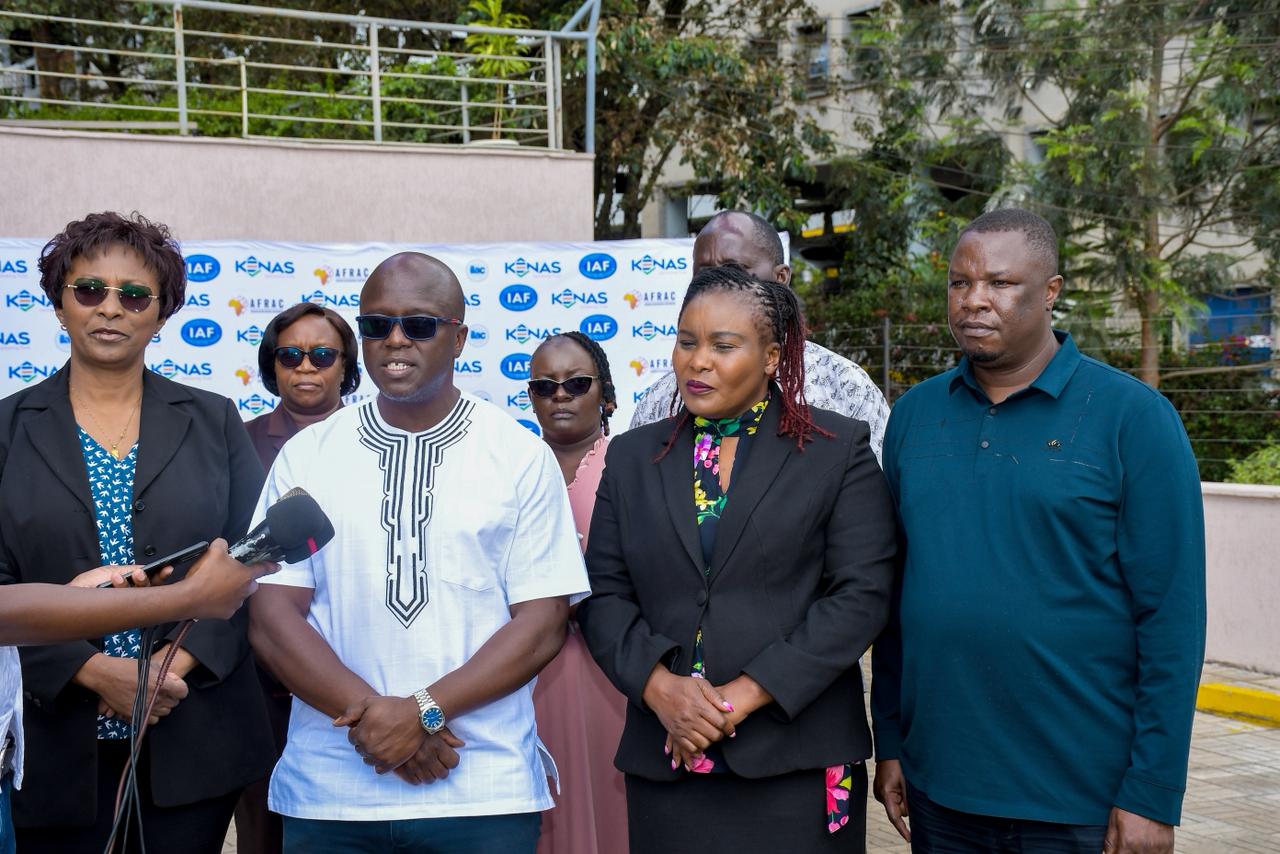As global climate negotiations enter their fifth day in Belém, Brazil, smallholder farmers in Muvuti, Machakos County, say their voices continue to be sidelined—despite being among those hardest hit by the climate crisis.
In the sun-scorched fields of Kiima Kimwe, farmer David surveys his parched land and speaks with frustration.
“Everyone attending the summit in Brazil must push for compensation from countries like those in Europe and China, who caused this climate disaster,” he said. “The sun is burning us, our animals are dying, and for the past thirty years, no one here has harvested more than two bags of maize.”
David blames industrialized nations for worsening conditions in Africa’s arid and semi-arid regions, arguing that climate funding from the Global North should prioritize African countries where the crisis has escalated into a full-blown emergency.
He also laments the declining rainfall once sustained by the Congo Forest, now threatened by deforestation and soaring carbon emissions.
Battling a Drying Land
In Muvuti, residents are making modest efforts to restore degraded land through community tree-planting drives. But David says these initiatives are too small to counter decades of damage.
“We need more resources—money, time, and support. This will take years,” he said.
Fellow farmer Miriam Wanza says erratic rainfall has disrupted seed germination and food production, while Elizabeth Mbithi adds that many households are now planting water-retaining crops such as banana circles and fruit trees to survive the dry spells.
“The food crisis has ripple effects—children are dropping out of school, and families are struggling to stay healthy,” said Elizabeth.
Farmers Demand a Seat at the Table
Ahead of COP28, Muvuti farmers held a pre-COP demonstration calling for their knowledge and lived experiences to be recognized in global climate forums. They insist that farmers—who work daily on the frontline of climate change—are experts in their own right.
Agroecology advocate Peter Nzioka warned that current policies threaten farmers’ rights to use indigenous seeds.
“Criminalizing traditional or orphaned seeds is denying us sleep. These seeds are more resilient to local conditions and more affordable than certified ones,” he said.
He pointed to erratic rainfall patterns—one shower in early October and another in mid-November—as proof that hybrid seeds struggle under changing weather. “Indigenous seeds can survive,” he said.
Local Efforts, National Goals
According to Elizabeth Mwangangi, Assistant Chief of Muvuti Sublocation, the community is contributing to the government’s goal of planting 15 billion trees by 2032.
“We’ve achieved about 60 percent so far,” she said, citing challenges such as water scarcity, ant infestations, and floods that wash away seedlings.
Yet despite these grassroots efforts, many farmers remain excluded from international climate talks.
“We never get visas or invitations, yet we carry the burden of climate change,” said one farmer.
A recent global report placed much of Africa on the hunger map, and Muvuti’s struggling farmers are no exception.
Calls for Climate Justice and Agroecology
Leonida Odongo of Haki Nawiri Afrika urged that climate finance directly support smallholder farmers to scale up their adaptation projects—such as purchasing water tanks to harvest rainwater and establishing agroecology enterprises that can process and sell food.
“It is saddening and embarrassing to see Kenya on the global hunger map, despite having 60 percent arable land and a youthful population,” Leonida said. “Agroecology is the most sustainable path to lift Kenya—and Africa—off that map.”
Caro from Ibon International echoed the call, condemning the criminalization of indigenous seeds and criticizing the growing focus on carbon trading as a market-based distraction.
“Their knowledge is valuable and should be recognized in climate mitigation,” she said. “The global North is shifting its responsibility to African farmers instead of cutting emissions.”
As world leaders debate in air-conditioned halls in Brazil, farmers in Muvuti continue to till cracked soils—hoping that one day, their stories will not just be heard, but acted upon.





